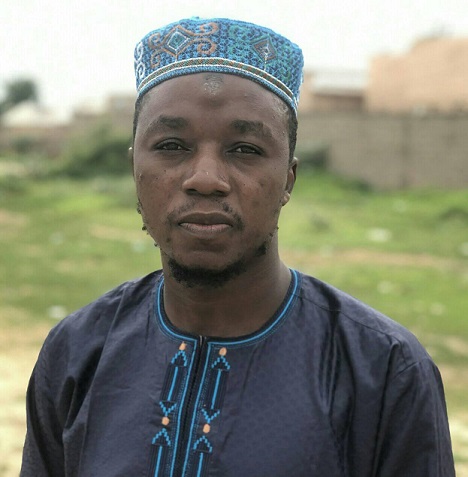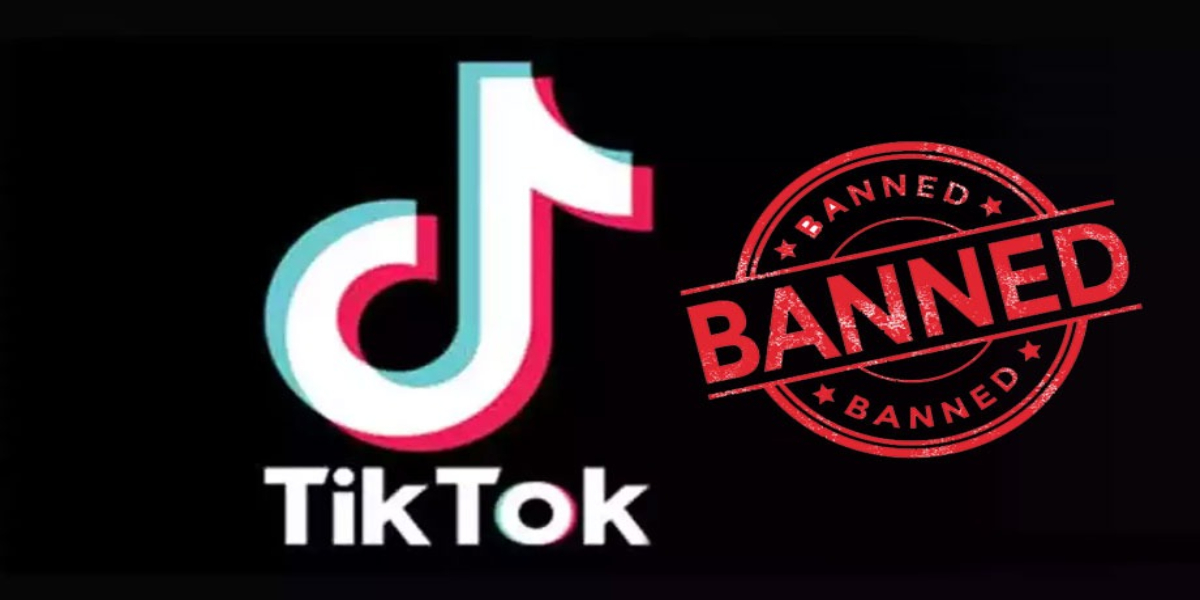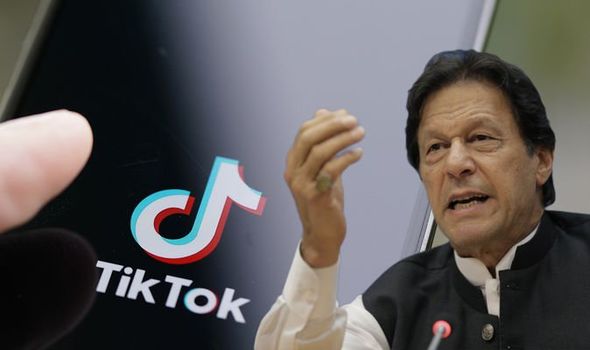Negative influence of TikTok trends on Nigerian youths
By Manasseh Mercy Social media integrates digital media platforms, including combinations of electronic text, graphics, moving pictures and sounds in a structured computerized environment that allows users to interact with…







